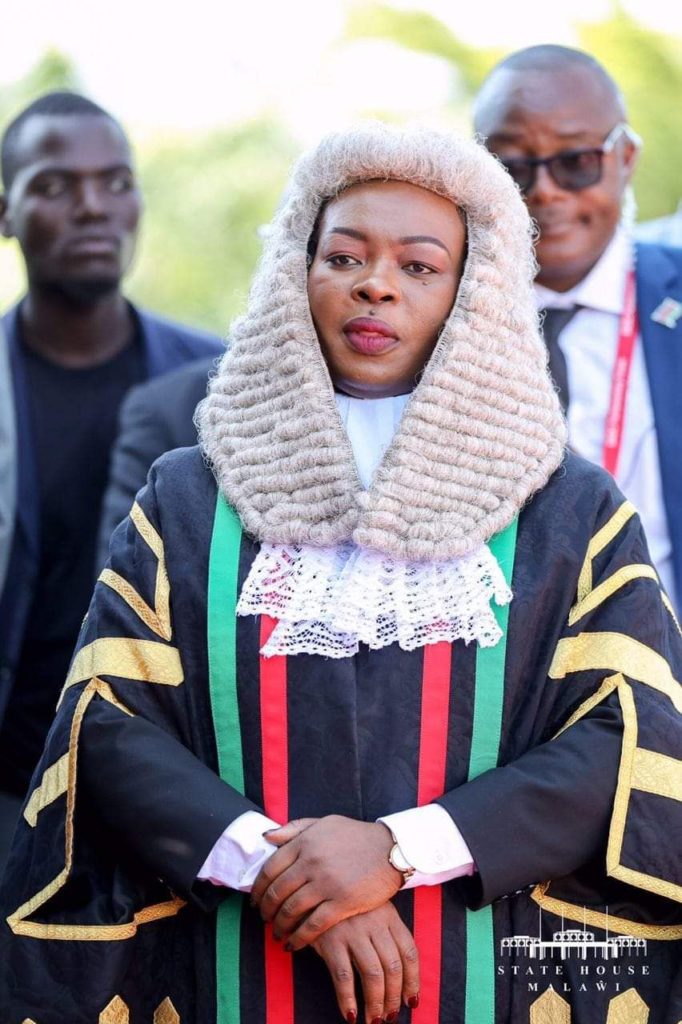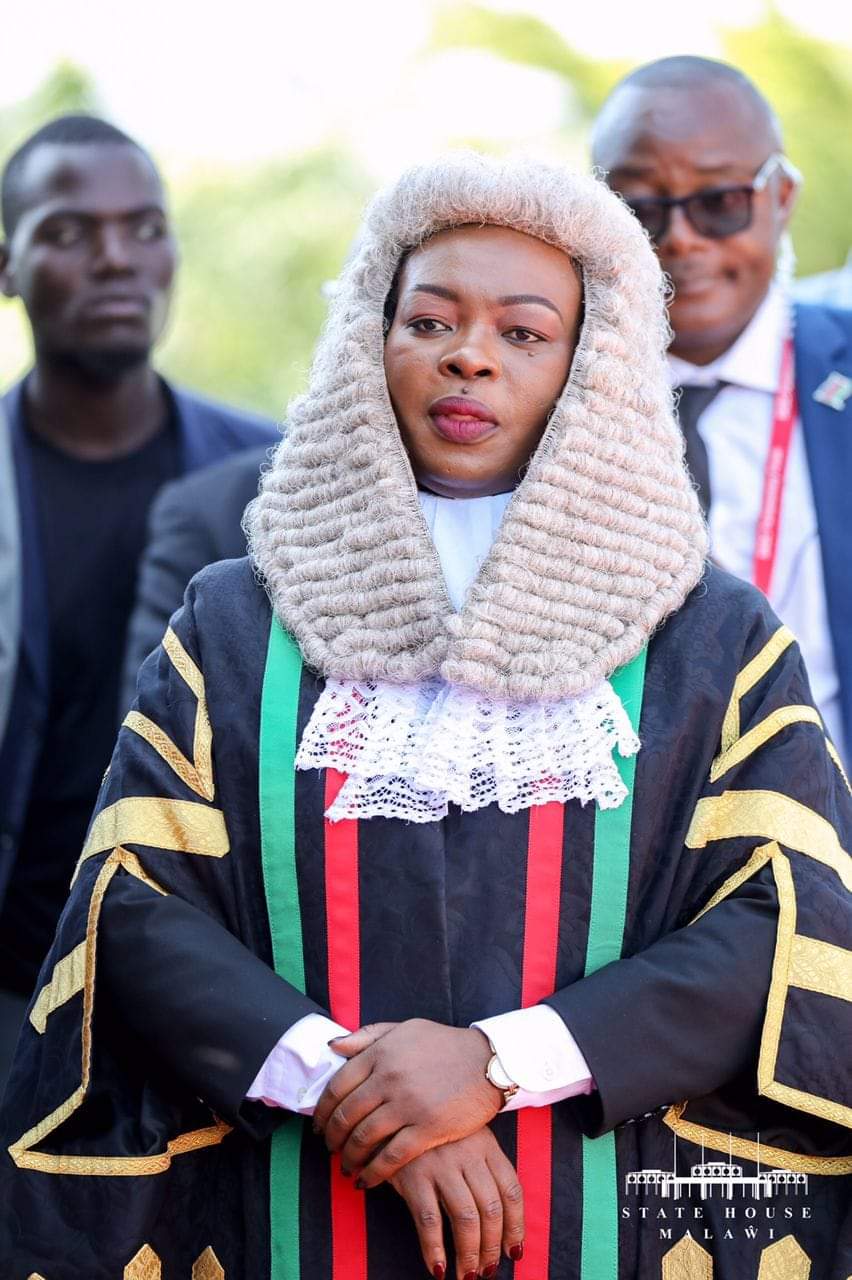By Twink Jones Gadama
The situation in Parliament regarding the leadership of the opposition is indeed a complex one, with legal, political, and procedural issues coming into play. The conflict between Kondwani Nankhumwa, George Chaponda, and Mary Navitcha, as well as the role of the speaker of parliament Catherine Gotani Hara, has created a dilemma that needs to be addressed in order to ensure proper governance and adherence to the rule of law.
Firstly, it is important to acknowledge the legitimacy of the democratic process within the Democratic Progressive Party (DPP), which elected George Chaponda as the new leader of the opposition after Kondwani Nankhumwa’s expulsion. According to the standing orders of parliament, the leader of the opposition should come from the party with the largest number of MPs, and the DPP followed this procedure by electing Chaponda. Therefore, on the surface, Chaponda’s appointment seems to be in accordance with parliamentary rules.

However, the situation becomes more complicated due to the court injunction obtained by Nankhumwa prior to his expulsion. This injunction restrained the DPP from electing Chaponda as the leader of the opposition, leading to confusion and uncertainty within the parliament. The speaker of the parliament, Catherine Gotani Hara, cited the injunction as the reason for not recognizing Chaponda as the leader of the opposition, despite initially acknowledging his appointment.
The refusal to recognize Chaponda as the leader of the opposition based on the injunction raises questions about the separation of powers between the judiciary and the parliament. While the court has the authority to issue injunctions and enforce legal decisions, it should not undermine the democratic process within the parliament. The standing orders of parliament should be upheld, and the speaker should not be swayed by legal proceedings that impede the functioning of the legislative branch.
Moreover, the issue of Kondwani Nankhumwa being expelled from the DPP and now serving as an independent MP adds another layer of complexity to the situation. Despite no longer being a member of the DPP, Nankhumwa is still laying claim to the position of the leader of the opposition, which goes against the parliamentary standing orders. The fact that he is no longer affiliated with the party with the largest number of MPs raises doubts about his legitimacy as the opposition leader.
In this context, the speaker of the parliament, Catherine Gotani Hara, plays a crucial role in resolving the conflict and ensuring that the parliamentary proceedings are conducted in a fair and transparent manner. Her refusal to recognize Mary Navitcha as the new leader of the opposition, despite her election by the DPP and submission of her name to the speaker, raises concerns about political interference and the impartiality of the speaker.
In conclusion, the situation in Malawi regarding the leadership of the opposition in parliament is a complex one that requires careful consideration and adherence to parliamentary rules and procedures. The refusal to recognize Mary Navitcha as the new leader of the opposition based on legal technicalities and political considerations is a disservice to the democratic process and the functioning of the parliament. It is imperative that the conflict be resolved promptly and fairly, in order to uphold the rule of law and ensure proper governance in Malawi.



